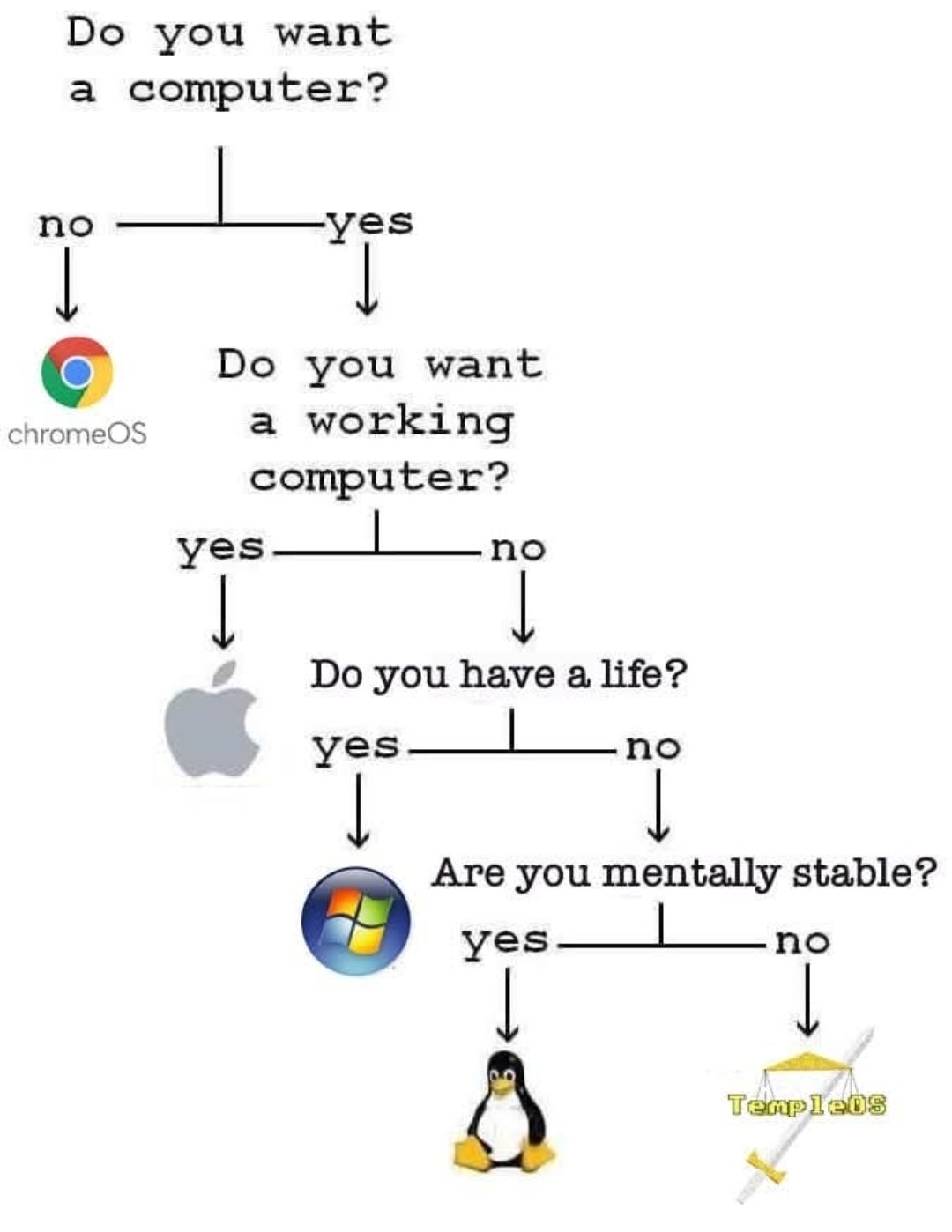this post was submitted on 21 Dec 2024
298 points (70.6% liked)
196
18403 readers
472 users here now
Be sure to follow the rule before you head out.
Rule: You must post before you leave.
Other rules
Behavior rules:
- No bigotry (transphobia, racism, etc…)
- No genocide denial
- No support for authoritarian behaviour (incl. Tankies)
- No namecalling
- Accounts from lemmygrad.ml, threads.net, or hexbear.net are held to higher standards
- Other things seen as cleary bad
Posting rules:
- No AI generated content (DALL-E etc…)
- No advertisements
- No gore / violence
- Mutual aid posts are not allowed
NSFW: NSFW content is permitted but it must be tagged and have content warnings. Anything that doesn't adhere to this will be removed. Content warnings should be added like: [penis], [explicit description of sex]. Non-sexualized breasts of any gender are not considered inappropriate and therefore do not need to be blurred/tagged.
If you have any questions, feel free to contact us on our matrix channel or email.
Other 196's:
founded 2 years ago
MODERATORS
you are viewing a single comment's thread
view the rest of the comments
view the rest of the comments

Repairability, not reliability
If you are saying the “iWaste” comment is about repairability not reliability, I get that. My take is maybe that if something has a long lifespan despite not being repairable, it might be have a longer life before becoming waste or recyclables.
I do like that the EU is mandating user replaceable batteries and other changes and support most right-to-repair legislation.
It can't have a longer life than something that's repairable and upgradable.
Even if we imagine Apple used the highest quality components, which they most certainly didn't, anything dying means you need to completely replace the internals of your device. It's like saying a car that needs an engine replacement because of a dead spark plug can have a long life.
Edit: I’ve lost the thread a little as this started about laptops not mobile phones. I’m leaving this comment here as the points may be valid even for laptops, but I’m too bored to do any more research. Thanks for the great and civil discussion.
I would agree that a theoretically completely upgradeable and repairable device is better, but I think the real world implementations generally aren’t that good.
It’s hard to get to statista’s summary of lifespan of phones without a subscription, but many summaries that use their data say something like:
Perhaps there is better data out there that would change my mind, but I haven’t seen it. If Apple products are iWaste, then it appears nearly all other products are even more wasteful. All the data I have seen points to Apple products as generally having a long lifespan followed by an excellent free recycling policy (https://www.apple.com/me/recycling/).